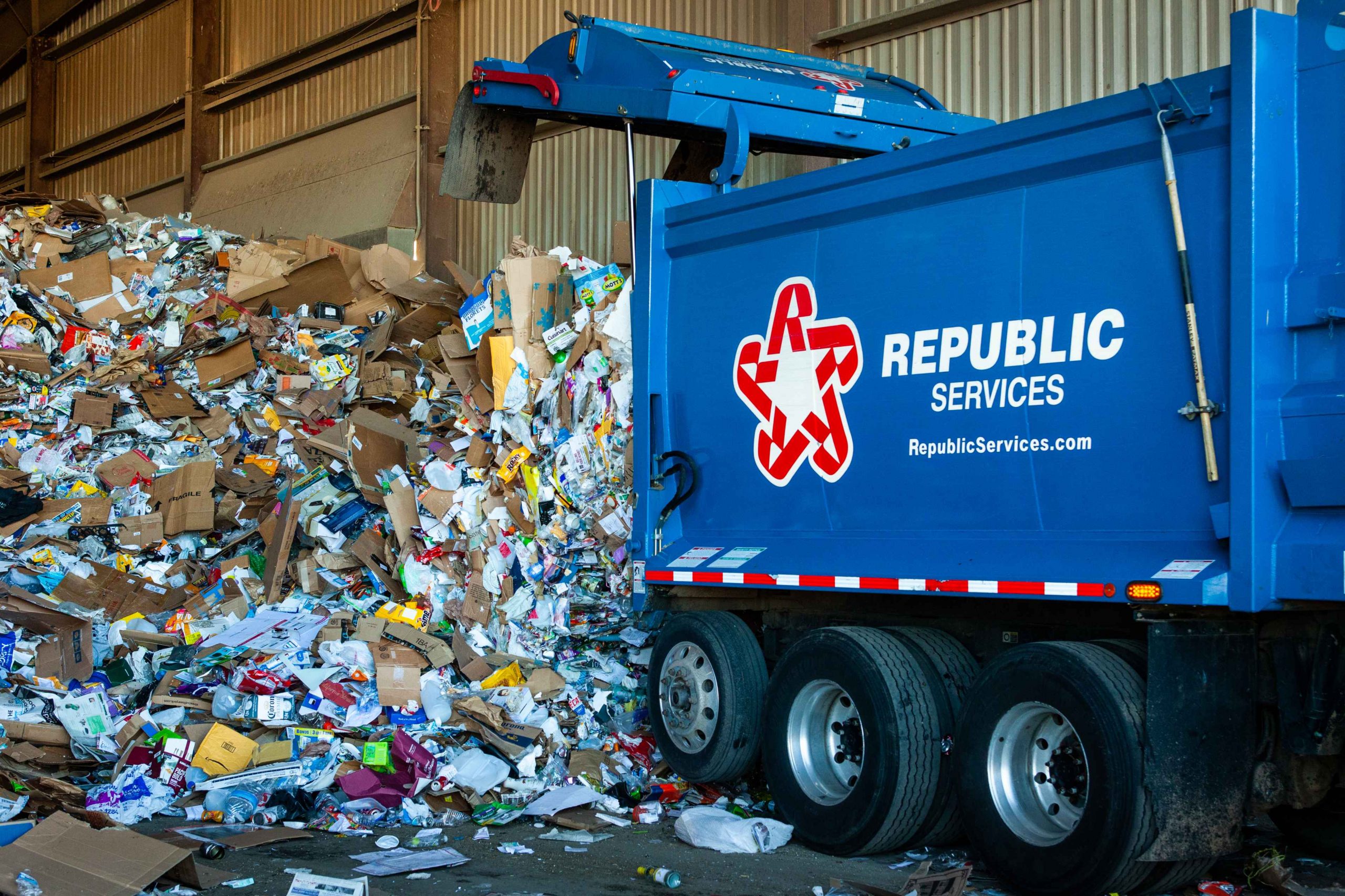Delve into the critical topic of waste management in our modern world with our latest blog post. Discover the inner workings of Republic Waste and uncover how adopting sustainable practices can pave the way towards a healthier planet. Explore innovative solutions, eco-friendly strategies, and the collective impact we can make to ensure a greener, more sustainable future for generations to come. Join us as we analyze the power of sustainable practices in combating environmental challenges and reshaping our world for the better.
Table of Contents
Introduction
In the race towards progress, the issue of waste management often takes a backseat, leading to a significant environmental challenge. Republic waste, the collective refuse of our society, has reached alarming proportions, demanding our attention and action. This article aims to dissect the intricacies of republic waste, unravel its impact on the planet, and explore the crucial role that sustainable practices play in mitigating this crisis.
Unveiling the Republic Waste Quandary
The Scale of the Problem
Republic waste encompasses everything from household garbage to industrial waste, collectively posing a colossal challenge. Its sheer volume strains existing waste management systems and exacerbates environmental degradation.
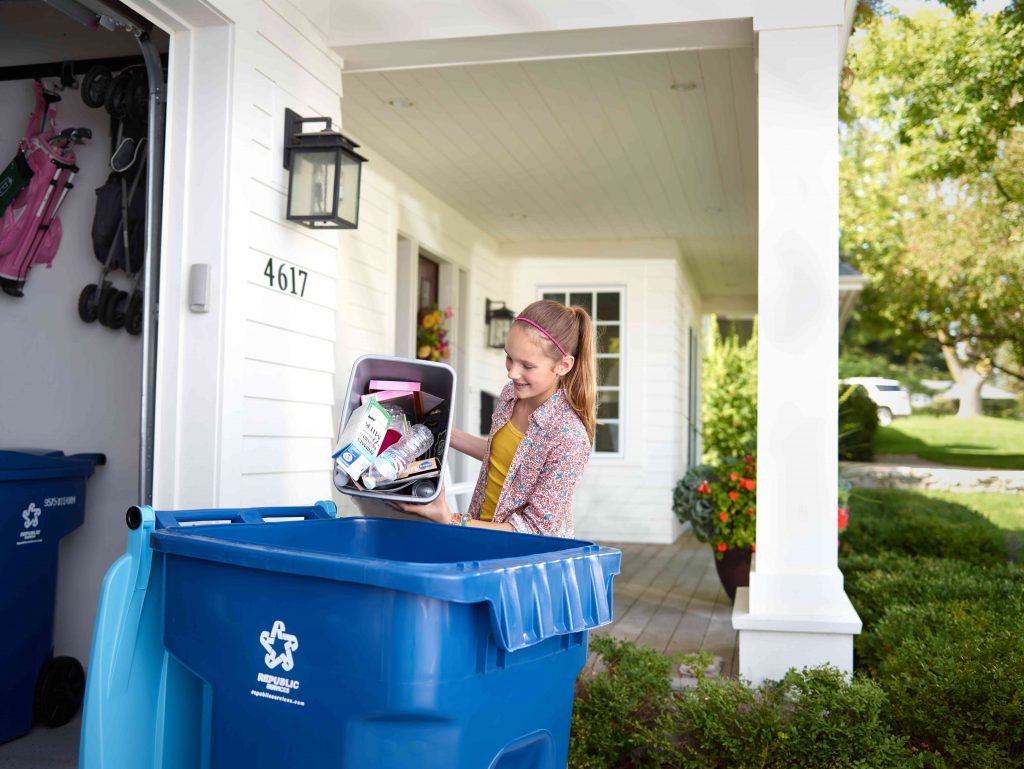
Hidden Ecological Consequences
Improper disposal of republic waste results in the contamination of soil, water bodies, and air. This has far-reaching consequences, impacting ecosystems, wildlife, and even human health.
The Path to Sustainability
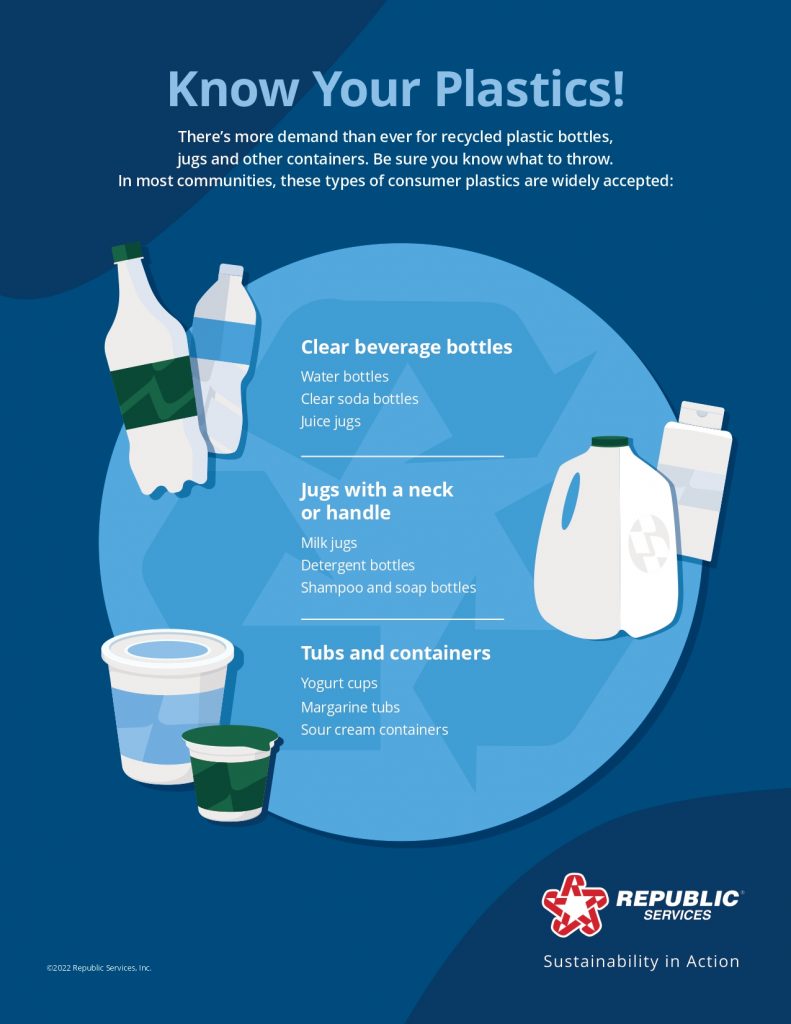
Rethinking Disposal Methods
Transitioning from conventional waste disposal methods to sustainable alternatives is imperative. Innovative approaches like composting, anaerobic digestion, and biogas production can significantly reduce waste’s impact on the environment.
Embracing the Three Rs
The principles of Reduce, Reuse, and Recycle hold the key to addressing republic waste. By reducing consumption, reusing items, and promoting efficient recycling, we can curtail the waste stream and conserve resources.
Extended Producer Responsibility (EPR)
Implementing EPR is a paradigm shift that holds producers accountable for the entire lifecycle of their products, including their disposal. This approach encourages sustainable design, reducing the burden of waste on consumers and municipalities.
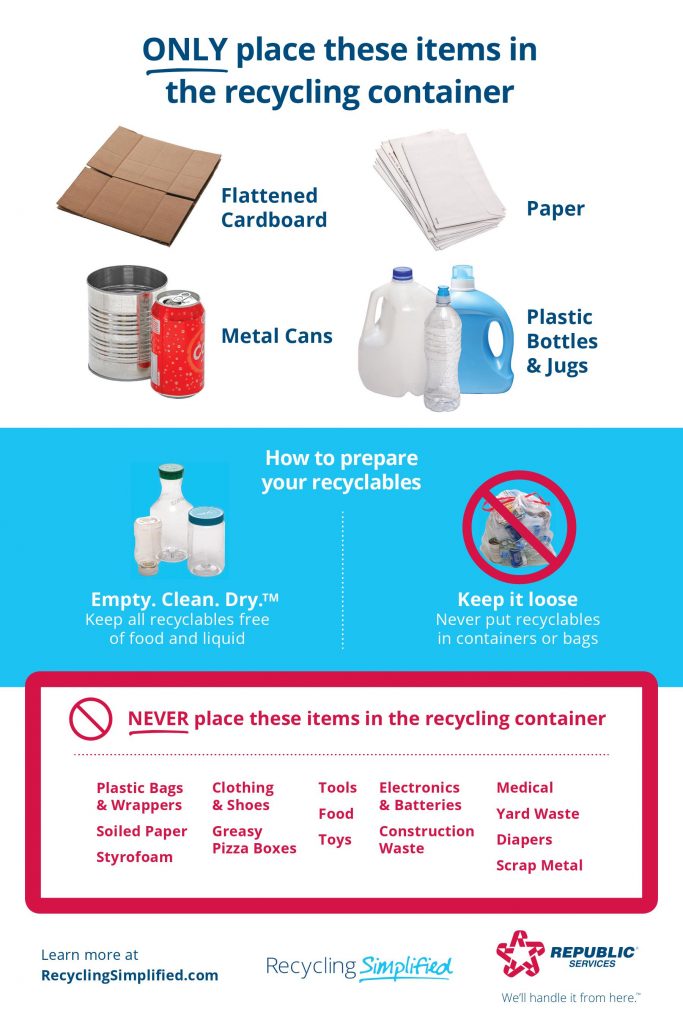
The Economic and Social Lens
Economic Opportunities
Sustainable waste management practices open doors to economic growth. Recycling and repurposing industries create jobs, stimulate local economies, and contribute to a circular economy.
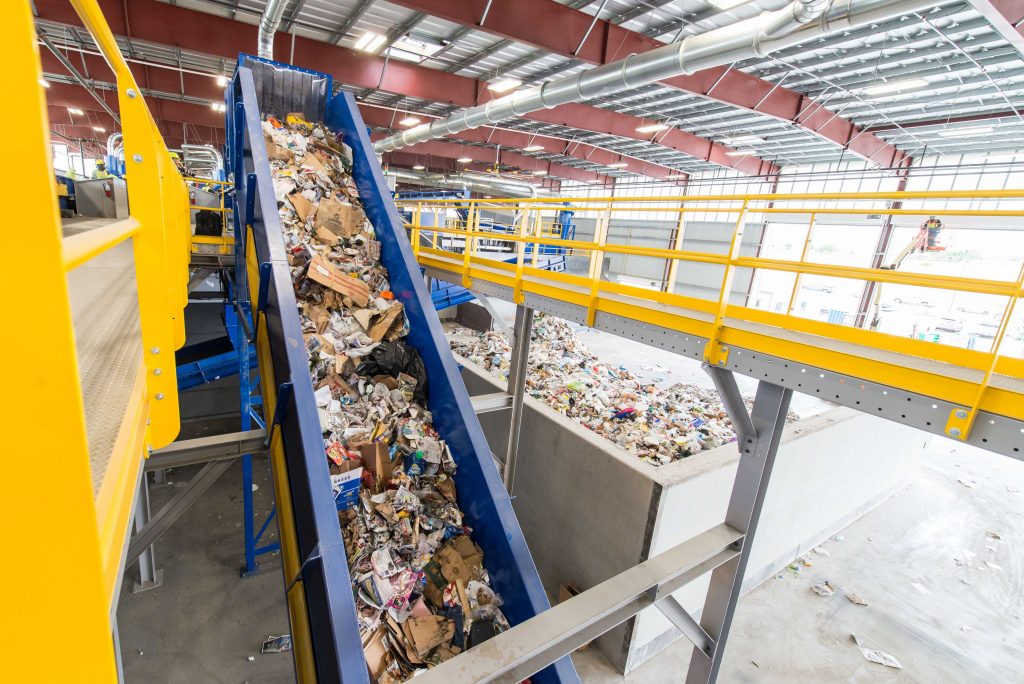
Community Engagement
Empowering communities to actively participate in waste reduction fosters a sense of responsibility and ownership. Initiatives like neighborhood cleanups and awareness campaigns can make a tangible difference.
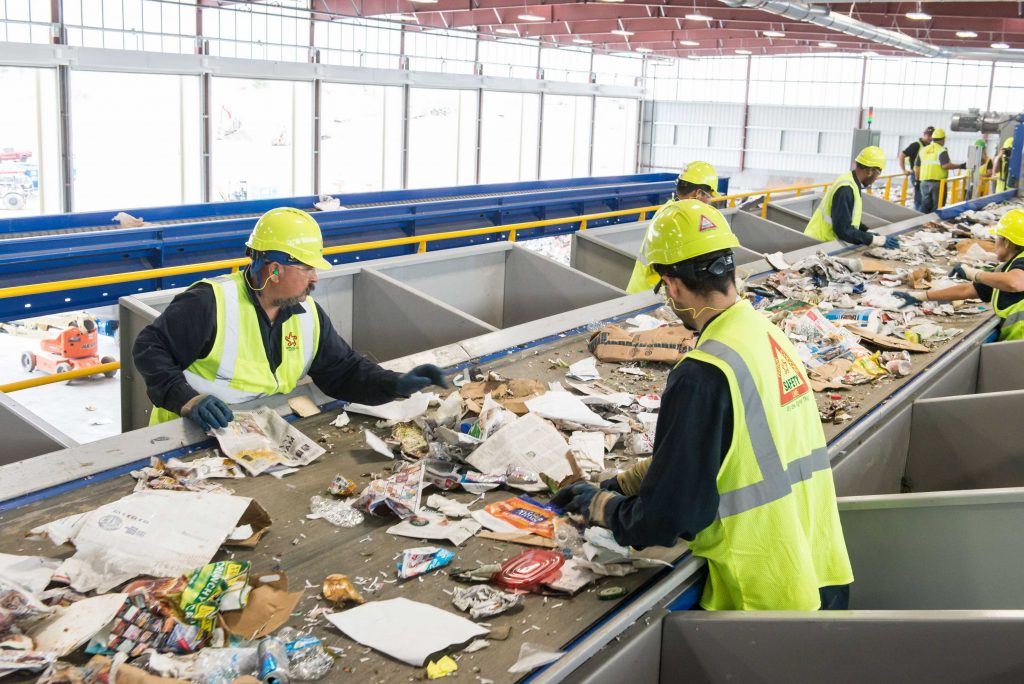
Building a Sustainable Future
Governmental Initiatives
Government intervention is pivotal in driving sustainable practices. Implementing strict waste management regulations, incentivizing green technologies, and supporting research and innovation can pave the way for a greener future.
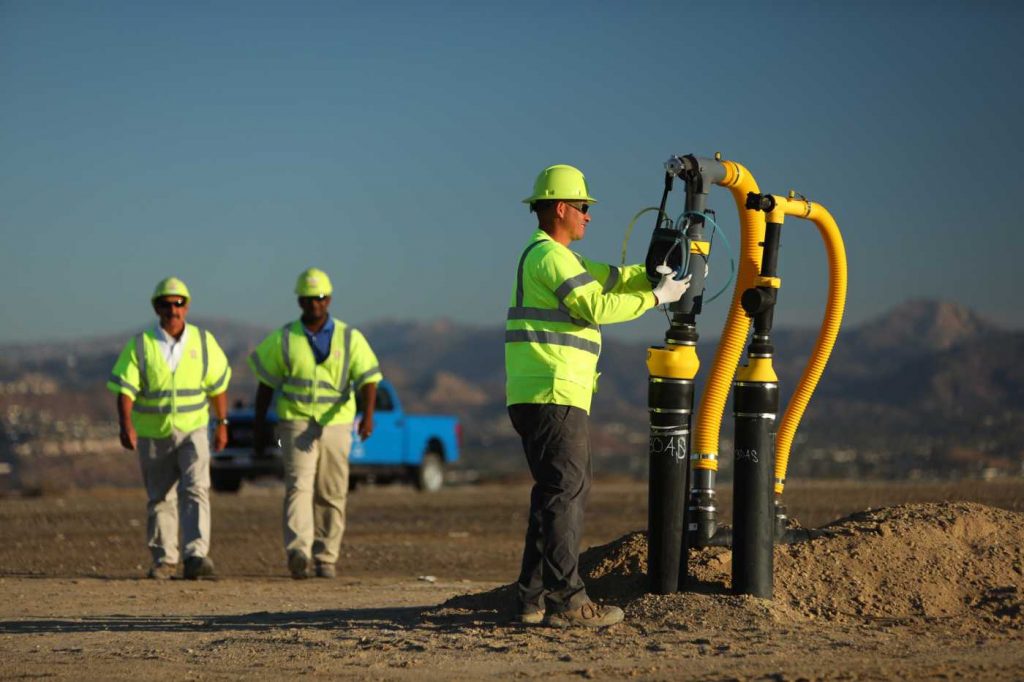
Educating the Masses
Education is a powerful tool in changing attitudes and behaviors. Schools, institutions, and media can play a crucial role in raising awareness about the impacts of republic waste and the importance of sustainable living.
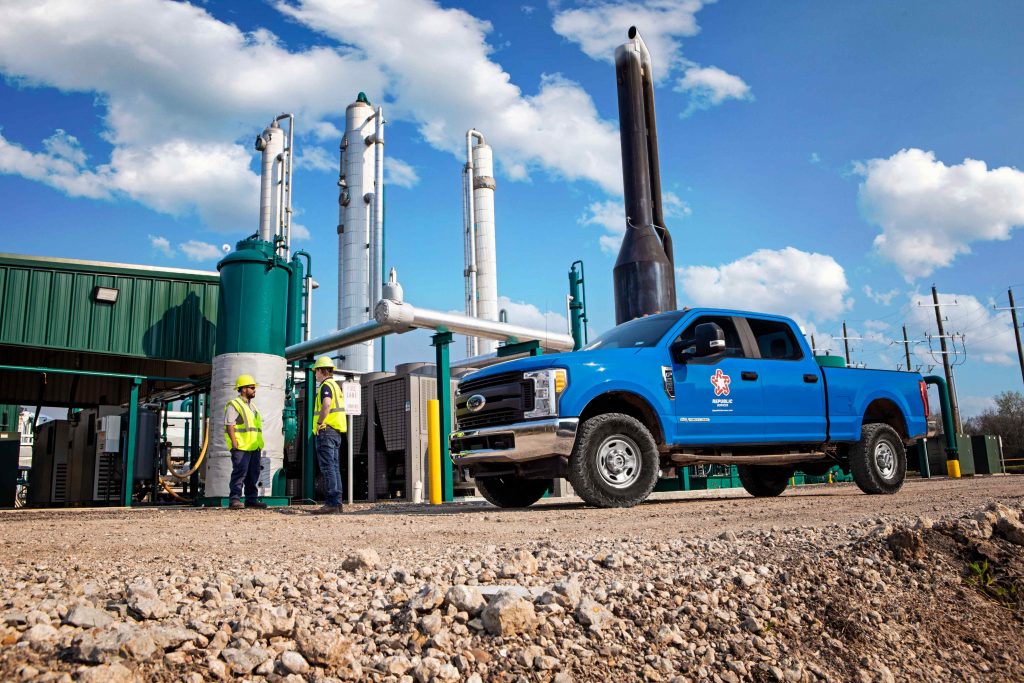
Conclusion
Breaking down the complex issue of republic waste reveals a crisis that demands immediate action. By embracing sustainable practices at individual, community, and governmental levels, we can arrest the environmental deterioration caused by waste accumulation. The path to a healthier planet lies in our collective commitment to reducing, reusing, recycling, and fostering an ethos of environmental responsibility.
FAQs: Clearing Up Your Doubts About Republic Waste and Sustainability
- What exactly is republic waste? Republic waste refers to the combined waste generated by a society, including household, commercial, and industrial waste.
- Why is republic waste a concern? Republic waste poses environmental and health risks due to improper disposal, leading to pollution and resource depletion.
- How can sustainable practices help? Sustainable practices like recycling, composting, and responsible consumption reduce waste and its impact on the environment.
- What is Extended Producer Responsibility (EPR)? EPR is a concept where producers take responsibility for the entire lifecycle of their products, from creation to disposal.
- What can individuals do to contribute? Individuals can adopt the three Rs – Reduce, Reuse, Recycle – and support initiatives that promote sustainable waste management.
Click here to know more about such blogs.

